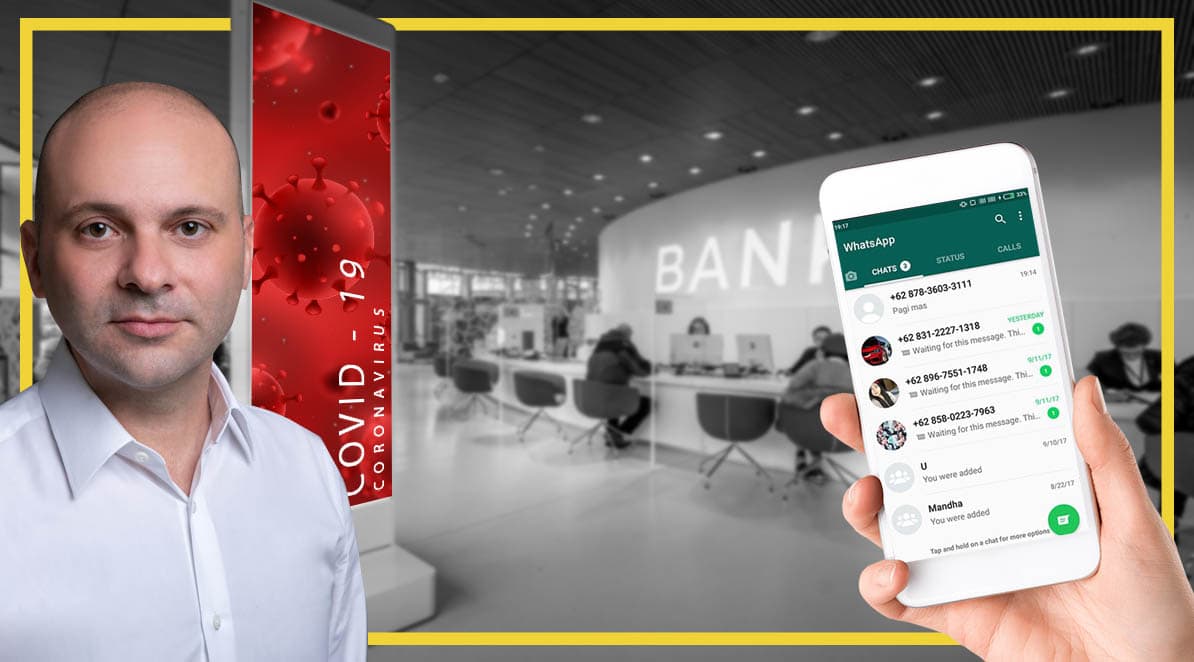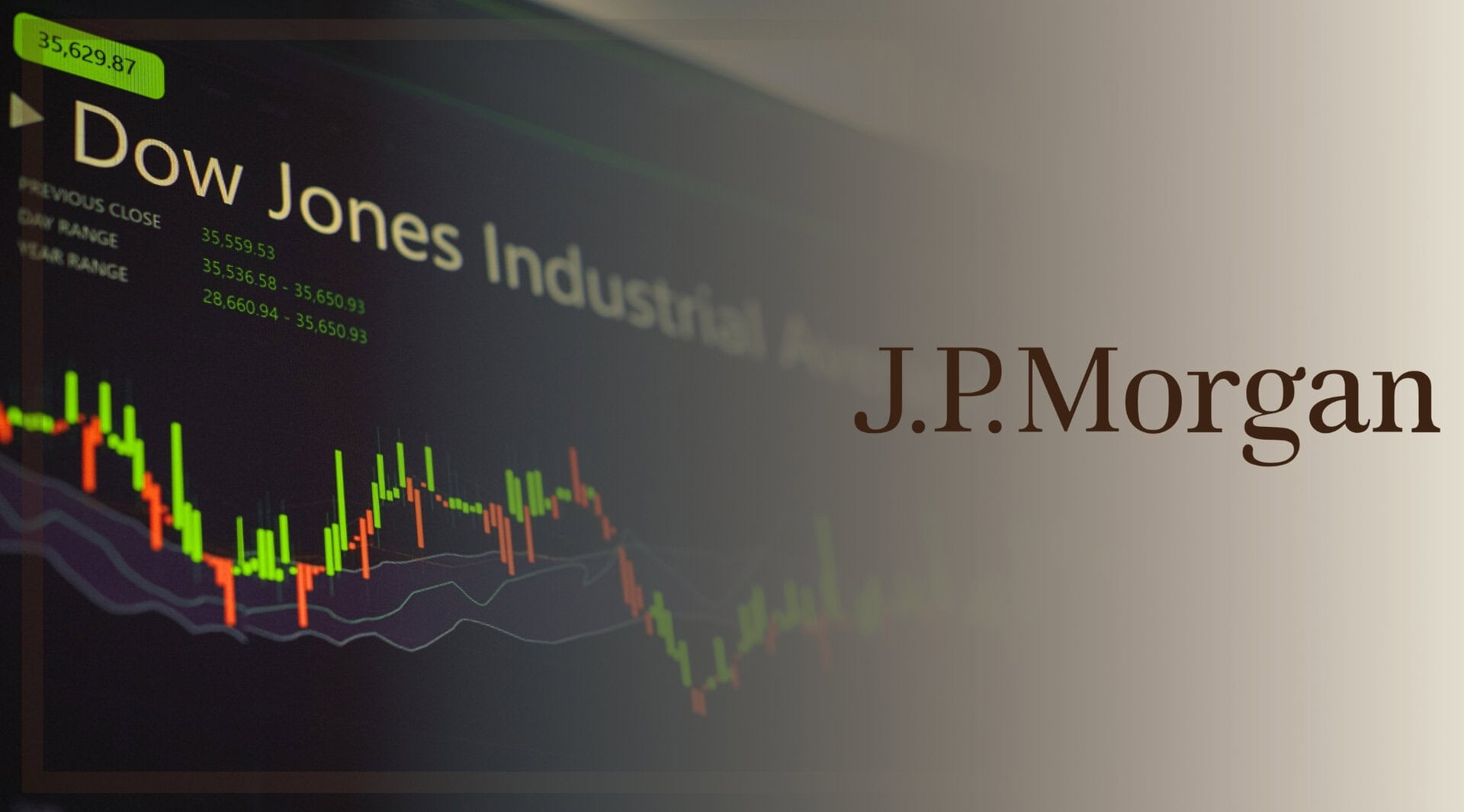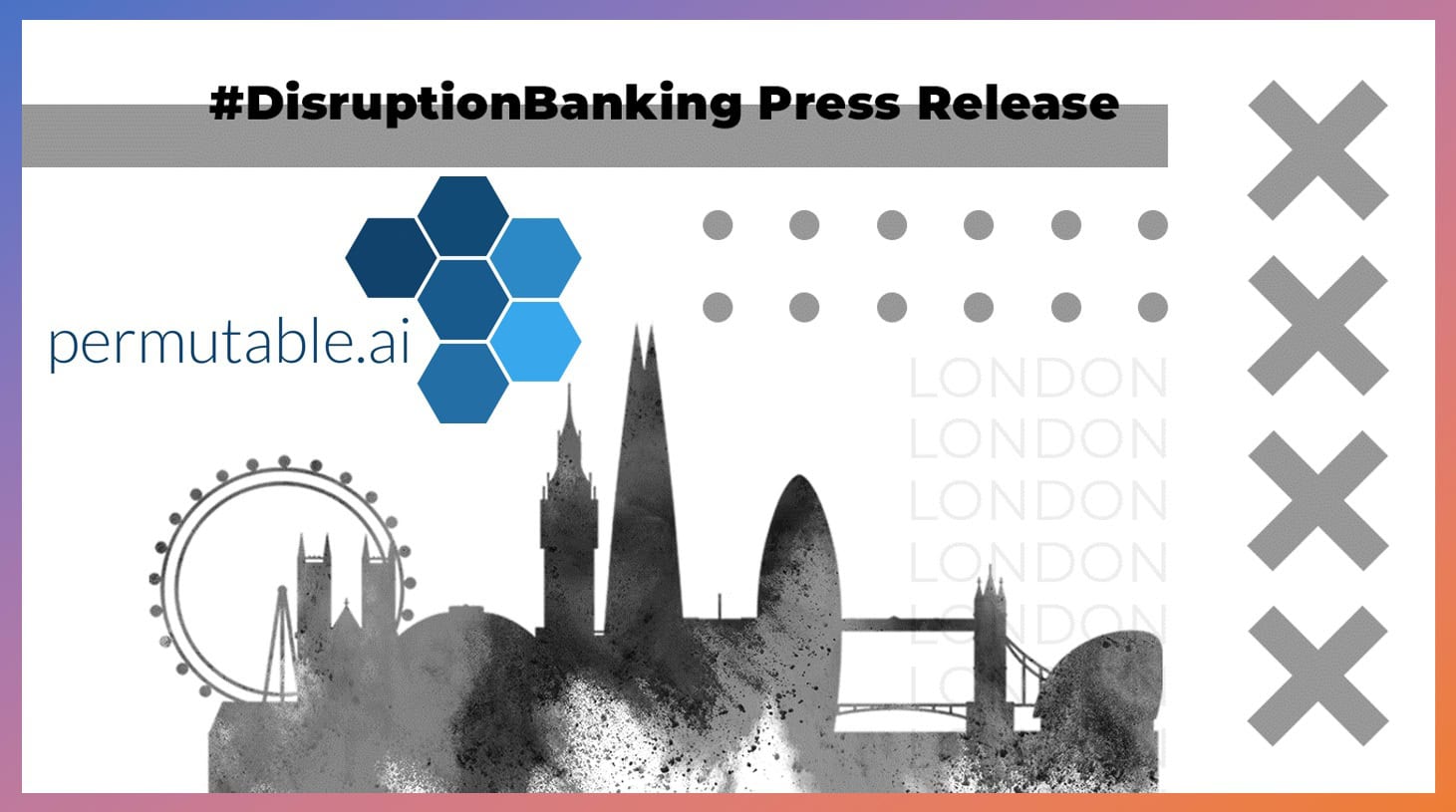2020 has been overshadowed by an epoch-making event few could have predicted, the consequences of which will most likely be felt for the rest of our lives. As the severity of the virus quickly became apparent, much of the world was put into lockdown, and for many including banks, work was moved online.
The affects of this have been experienced in a myriad of ways, influencing ordinary actions, decisions, and workplace interactions across economies around the world – bringing new regulatory requirements to manage the shift to home working (as we covered in a story with NICE Actimize in September).
It has also compounded and brought into sharper focus problems and issues that already existed. One such issue is the problem of managing communications with clients in the digital age when such interactions must be monitored to ensure compliance with industry regulations.
Banks have had to deal with the problems raised by traders and other workers using online messaging services to communicate with clients for years. In October two senior commodities trading executives left Morgan Stanley due to compliance breaches involving the use of WhatsApp:
The two most-senior commodities bankers at Morgan Stanley leave for breaching internal rules https://t.co/FSIiTXIdmg
— Bloomberg (@business) October 20, 2020
The use of messaging platforms by traders is the natural result of client-facing operations in an age of digital communication where clients wish to communicate instantaneously on their smartphones. To prevent illegal insider trading and other activities, however, regulators insist that communications are archived and monitored.
In recent years, many firms have banned the use of WhatsApp by employees because its end-to-end encryption makes monitoring of communications difficult. And because conversations on these apps sit outside corporate walls so are invisible to monitoring and regulatory tools.
Due to the pandemic, however, with trading floors closed and work moved to home, the traditional methods of monitoring communications have been made more difficult, or even impossible. The industry has therefore had to move from banning the use of platforms like WhatsApp to finding better ways of monitoring. Credit Suisse, for example, have recently introduced an in-house messaging service:
Credit Suisse launches WhatsApp rival for staff as banks grapple with text tracking https://t.co/E3DMtyopIl #fintech pic.twitter.com/kPUGGXFPmf
— Chris Gledhill | gledhill.eth (@cgledhill) November 27, 2020
Since the 2008 financial crisis, RegTech has continued to make advances as it keeps pace with disruptive new uses of technology in the financial sector.
With the global pandemic being a similar catalyst of change, we believe 2021 will see companies like LeapXpert become more prominent due to the solutions they have developed to face problems of monitoring and compliance in an innovative digital age, compounded by Covid-19.
We interviewed the Chief Operations Officer and Co-Founder of LeapXpert Avi Pardo and asked him how LeapXpert – his fourth startup – relates to the industry.
Avi told us that LeapXpert “works with the top tier compliance companies in the world – companies that archive data.
“We inject messenger data from platforms like WhatsApp and WeChat into their environment for discoveries. These companies then use sophisticated tools that can expose the data that we capture for different analysis, discoveries and forensics.”
In essence, Avi explains that LeapXpert is a “data generating pipe for different types of services” at the pre-forensic stage of compliance. The company originates in Hong Kong but both founders come from Israel which has rightly been described as a competitor to Silicon Valley: Avi states “we are a Hong Kong company with Israeli startup DNA.”
The blurring of lines between professional and private communications is a common occurrence, and when money or data are involved, the potential for controversy or illegality is high. Whether we look to the firing of traders by JP Morgan in April, or financial institutions fining bankers for data breaches – such as a former managing director at Jeffries who was fined over £37,000 for sharing confidential client information over WhatsApp – the importance of compliance monitoring is indeed large.
JPMorgan takes action against traders for using WhatsApp at work: Bloomberg News https://t.co/T0k2syNeEw pic.twitter.com/XgHcdeWuia
— Reuters (@Reuters) April 9, 2020
This line is blurred even more during the pandemic as employees have had to find fast, effective ways to communicate, often with little notice. This has created an issue in terms of conversations that are held outside of corporate walls, invisible to monitoring and surveillance tools.
Avi explains: “with the work from home situation, it’s really challenging [for regulation, compliance and monitoring]. You cannot control it anymore.”
“This is an issue which exists across industries: in regulated companies, self-regulated companies, and governments. We have a situation where people are representing an organisation and are using applications which are not controlled by the organisation for day-to-day communication.
“The issue is much more obvious when you face regulators. But it’s not just a regulator thing – what about self-regulation, what about public companies: they all have people representing public traded companies and using software applications which are outside of the reach of the organisation.”
Origins
Before delving into the details of the product, we asked Avi to explain the concept behind it and why he and his busines partner Dima Gutzeit founded LeapXpert.
“One thing has become very clear in the last few years: the traditional methods of communication are being challenged and voice services are declining. When you look at what people are doing in the industry, you see them holding mobile phones and typing or chatting. There is a new generation entering the workplace. They were born with Skype, WhatsApp and other digital communication tools. Their first choice for communication is not the device on the desk with a headset.
“We both have more than 20 years’ experience each in enterprise communications and security working with banks and large enterprises. We founded the company with our own money almost four years ago because we saw a need and we felt we had a unique way to address it. The response we were getting when we showed our concept to the market was: how come no one thought about this before? So, we left our executive jobs and went for it.
“The rise of consumer messaging is a big problem, especially in regulated companies. Banks are investing a lot of their budget into IT. And the main point of investment into IT, is to build infrastructure that is secure and allows regulation and control. Although they are spending tonnes of money on this, some employee to client communication activities are occurring outside of this infrastructure because their employees are using social applications [like WhatsApp and Facebook Messenger].
“Therefore, we felt that it was a great opportunity to introduce a new approach to the market where we elevate consumer messaging to support banks’ capabilities. Companies can embrace, use, and service the market in the way that the market wants to be served.”
While many banks have attempted to ban the use of WhatsApp, the pandemic saw a huge spike in the use of online messaging platforms by those in the industry banished from trading floors and offices, therefore creating a wealth of conversations that were impossible to monitor.
Market-driven innovation is certainly a sentiment we hear a lot about in the fintech startup world, because competitiveness requires a company to build software around customer needs rather than around the company itself.
Avi expands on this point: “So just imagine, today often regardless of your net worth, as a banking customer your interactions are dictated by the bank. You need to call or email them, they’re not willing to serve you over the applications that we all like to use. LeapXpert lets our customers say why not? Let’s do it and serve the market in the way that the market wants to interact with us in 2021 and meet clients on their own terms.”
Non-Compliance
With awareness of the size of the fines for non-compliance and the danger of reputational damage to institutions seen to be breaking the rules, we asked Avi why there is still a problem that his company can help to solve:
“Traders and banks understand the risk, but the market is demanding these new channels of communication. In the modern world where everyone is multitasking, doing 10 tasks a second, the old way of communication doesn’t work. We are seeing a new generation coming into the workplace and they’re not used to phone calls and emails – one-on-one type activities – they can talk to 10 people at the same time.
“That’s how this world works right now. It is dangerous. Employees are being warned, but it happens, you cannot fight nature. And even more than that, if you look at the recent news in different countries about banks, and WhatsApp use, even executives are falling.”
The Surveillance Market
Clearly, as an expanding industry, there are other competitors on the playing the field that we asked Avi about and how LeapXpert is different.
“People in the industry are smelling the opportunity, and some see us as a risk, we came out of nowhere. We have the luxury that we designed the product from day one explicitly for this purpose, so we have a lot of technological advantages.”
Avi emphasises the competitive edge LeapXpert has over other players in the industry: “We are mobile first and we are use case agnostic. We can fit to any type of person that works in a bank. It can be commercial banking, it can be private banking, retail, investment banking etc: We are a communications platform.”
Privacy
One question that is always raised when it comes to monitoring and compliance is the issue of privacy. Considering that LeapXpert allows text, voice and file messages to be sent to a client’s messenger platform of choice, we asked Avi how professional messages are monitored while the private life of a worker and client are kept separate, secure, and private?
Avi allays this concern: “we equip the company employees with a dedicated application which becomes the professional messaging environment. So from a single application they can use WhatsApp, WeChat, Facebook Messenger etc to contact their client and that’s their professional working environment. We do not touch your private life. This is similar to emails: every company employee has a work email and a personal Gmail. We are the equivalent for corporate messaging.”
Fines and Regulations
Banks caught out by the regulators mean large fines and reputational damage. The need for systems that enable easy monitoring and control of these new channels like LeapXpert therefore seem transparently obvious to inculcate a professional environment where such breaches are less likely to take place. In 2019, Australia’s Westpac had some severe scrutiny for instance:
Westpac Banking has been sued by Australia’s financial crimes agency for allegedly breaching anti-money laundering laws more than 23 million times https://t.co/yTwHTsFcKX
— Bloomberg (@business) November 19, 2019
And although banks are disinclined to divulge the size or number of fines they are getting, Avi can still give us some indication: “when they approach us with the urgency of deploying our product, you understand that there’s a lot of big money at stake.”
For this reason, Avi tells us that “I can feel a very strong interest from the banks themselves to have our services to basically minimise the risks. And we have some clients that have never been fined, they are just being proactive and are closing the loopholes as quickly as possible.”
Prospects for 2021
Avi tells us: “we initially thought that the first few years for us were going to be Asia oriented. But it’s a global need and, especially now with COVID-19, it’s on steroids.”
LeapXpert is therefore fast establishing footholds in financial hubs across the globe, from Singapore, Japan, and Australia, to London and New York where they are building offices. LeapXpert have been recognised across the industry with a number of key awards including a gold award from the UK Department of Investment and Trade.

Looking to 2021, Avi tells us the direction the industry is headed and where LeapXpert fits into that: “We are in different levels of conversations with some of the largest banks in the world. They are all aware of this issue and all understand that they need to take a position. And we are in varying degrees of interactions with them. Three of them are already our clients.
“The industry is very aware about this issue. You will not find any CIO Risk Officer or compliance officer in a bank that doesn’t have this issue high on their strategic agenda.“
And while some global banks are already reviewing or implementing enterprise to client conversational solutions, Avi explains that, “there are going to be more banks very soon. The first wave of banks to launch these services are just around the corner. And then the other ones will need to catch up very quickly”
In the face of the Covid-19 Pandemic and increased risk of fines and reputational damage to financial institutions, the adoption of conversational solutions is inevitable and accelerating. Danielle Tierney and Brad Tingley from Greenwich Associates have predicted that the “global market for holistic surveillance technology may reach a high of 23% in 2021”. According to the GlobalWebIndex Work Research report, approximately 90% of their Gen Z respondents indicated that they use messaging platforms like WhatsApp and Slack to communicate with their colleagues each week.
As Covid-19 acts as a further catalyst to the digital age of online messaging, therefore, we can be sure that 2021 will give us more news from LeapXpert as it develops in this innovative sector.
#Banks #Communication #Banking #Fines #Bankers #Language #SocialMedia #WhatsApp #Collaboration #Regulation















One Response